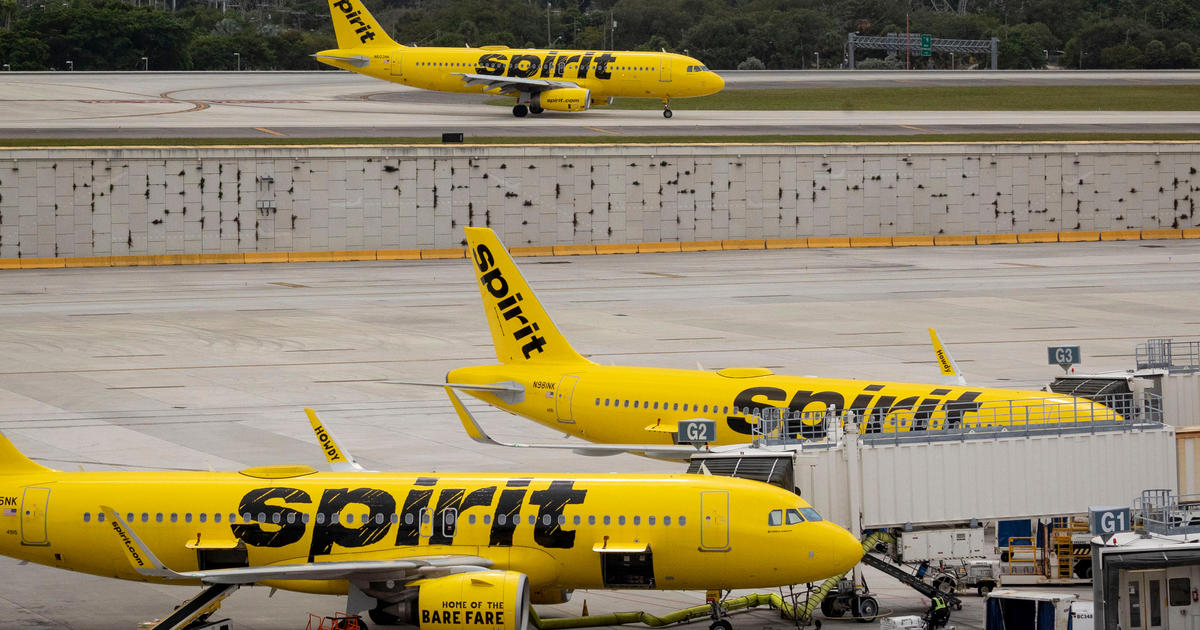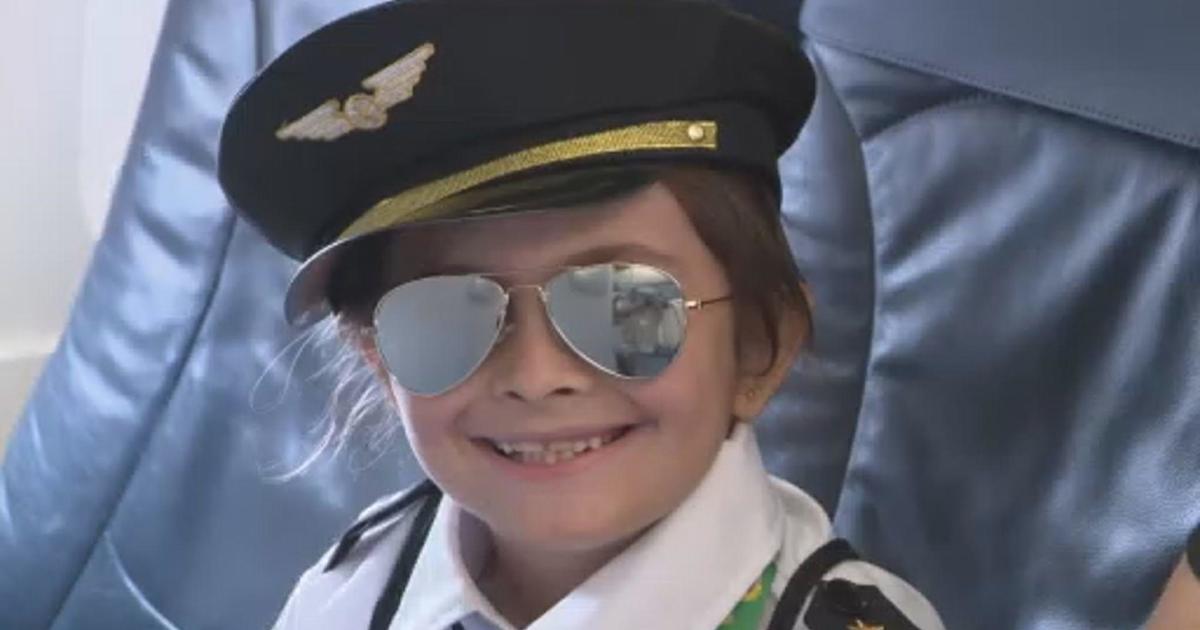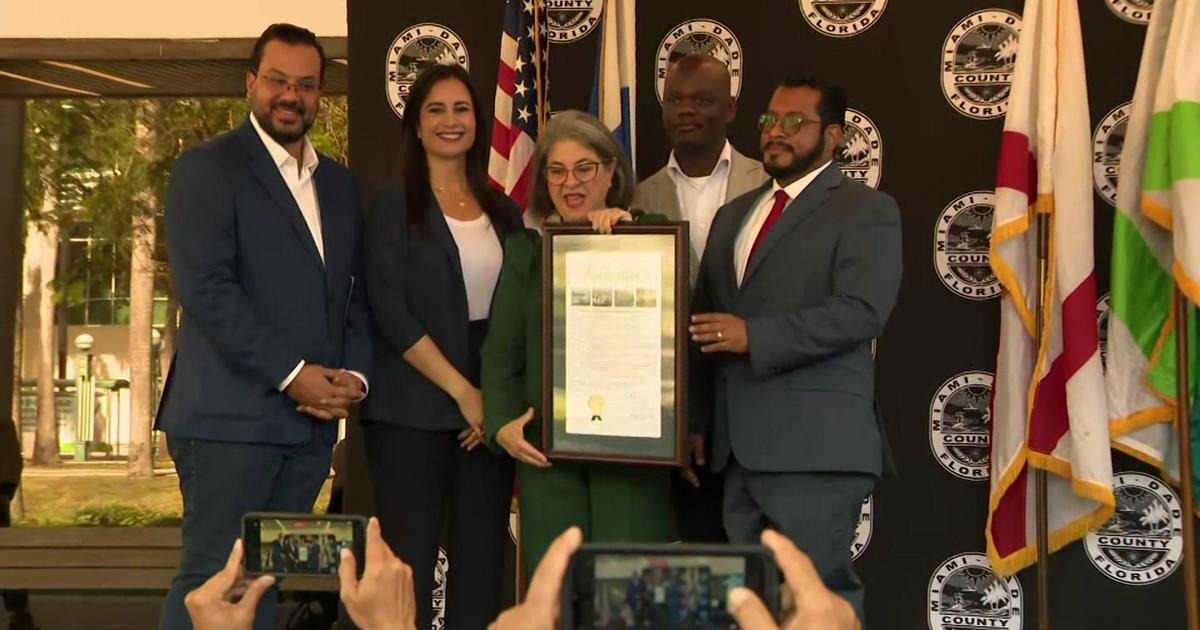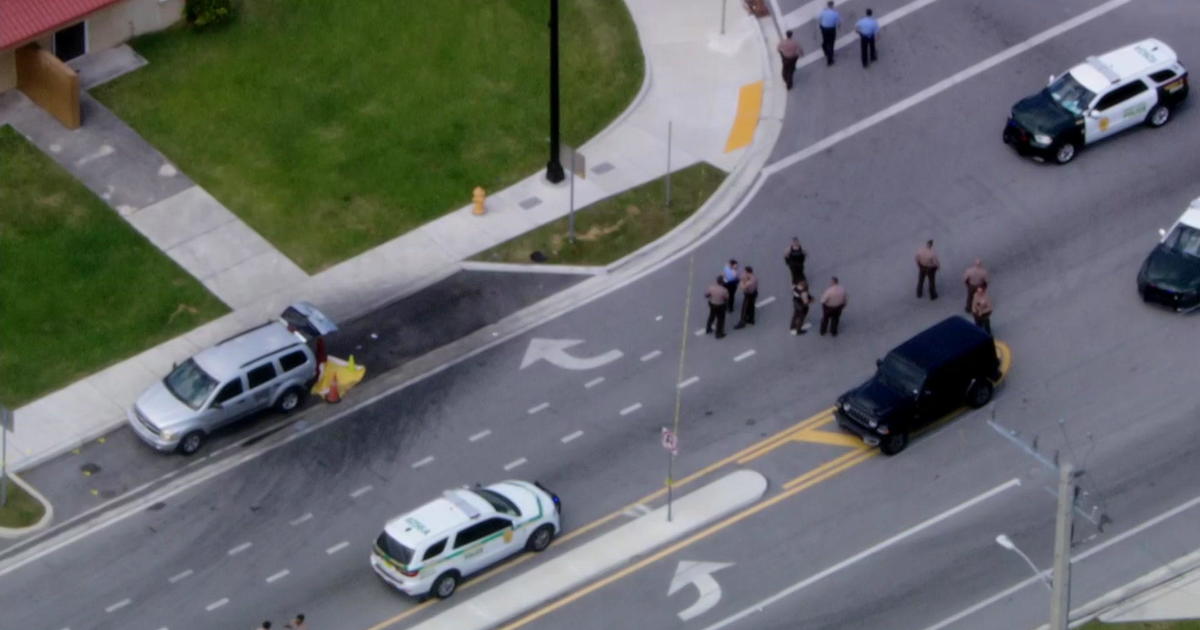I-Team: Airport Insecurity
In the nine years since the terrorist attack of September 11, 2001, the federal government has spent billions of your tax dollars supposedly to create better security and aviation safety.
But a six month I-Team investigation into security at our airports raises serious questions about how much safer we really are.
I-Team investigator Stephen Stock digs up the truth behind what critics call "Security Theater" at our airports.
When police surrounded Miami International Airport, evacuating passengers and shutting it down last month because security teams found what they thought was a pipe bomb in luggage coming in from London, top Transportation Security Administration officials trumpeted the seizure as evidence the system works. And they said the incident was proof that American TSA screeners were more vigilant in discovering a threat than their counterparts overseas in other countries.
Critics, many of them former and even current TSA and FAA officials say the opposite is true. The critics said that this incident along with the underwear would-be bomber in Detroit last Christmas demonstrates that he current this bag checking, screening, restricting liquids and jells and forcing passengers to take off their shoes at American airports is actually a façade, smoke and mirrors, or as several put it "security theater."
"Absolutely it's security theater," said Bogdan Dzakovich, a current TSA employee.
Prior to 9-11, Dzakovich served as a federal air marshal, a leader of an FAA red team. He currently works for TSA in Washington, D.C.
The conclusions that TSA should have reached by now nine years later (after 9-11) is that whatever they think they are doing clearly does not work," Dzakovich said. "And there's something else that you need to do. And we identified this same issue before 9-11."
"As bad it was back then, it's worse now," said Dzakovich.
"In terms of security, in the TSA we are increasing the odds of terrorist success," said for FAA inspector Steve Elson.
Elson quit the FAA in 1999 in disgust after serving on same red team that tested security as Dzakovich.
"We had about a 100% success rate. In other words they failed about 100%. We the terrorists were successful about 100%," said Elson.
I-Team investigator Stephen Stock asked Elson "All over the country?"
"All over the country," Elson said.
"(At) every airport?" Stock asked.
"Every single airport," replied Elson.
Elson and Dzakovich maintain the failure rate on testing today mirrors those failures before 9-11.
"I used to say FAA security was zero security to put a numerical indicator on it," said Dzakovick, "Meaning there wasn't any security. You could do pretty much what you wanted to do. It was all illusion. But under TSA it's actually worse than zero security."
"They've bought a lot of bells and whistles and they continue to try to make us feel safe and secure and unfortunately that's probably the main purpose of all," said Brian Sullivan, who retired from the FAA just before 9-11 but maintains contacts within the aviation security community.
For nine years Sullivan served as an FAA special agent working inside the nation's security apparatus before he retired in January, 2001.
"We've gotten a lot of money spent, a lot of bells and whistles, a lot of inconvenience to the flying public," said Sullivan. "And it's all intended to make us feel more secure. It's kind of like a facade of security."
Sullivan now lives near Boston and continues to work in aviation security. He serves as an expert consultant to the families of 9-11 victims who've filed lawsuits over failures in aviation security.
Sullivan points to recent Congressional General Accountability Reports and DHS Inspector General reports showing TSA screeners consistently failing to catch test weapons and bomb materials that then get onto airplanes.
"In 2007, the GAO tested at 19 airports and what they tested was can we get IED or improvised explosive devices broken down into separate components either on the person or in the bag or on multiple people onto the plane," said Sullivan. "Out of 19 airports 19 failed."
"The failure rate from end of Bush administration to beginning of Obama administration was off the charts," said US Representative John Mica.
A Republican Congressman from Daytona Beach and Orlando, Mica also is the ranking Republican on the House Transportation Committee which oversees TSA and the FAA.
As such, Mica sees classified inspection reports on TSA failure rates. While the contents of those reports are classified, Mica confirms the failure rates for TSA screeners continue to be troubling.
"We should be able to do a better job in detecting people who pose a risk," Mica told the CBS4 I-Team.
Congressman Mica says TSA failure rates have even gotten worse recently.
"We test the system. So I know how the system works and it doesn't work. That's classified information but I can tell you publicly that the results that I've gotten even of late with this huge bureaucracy this huge number of employees even with this advanced technology, the results are not good," said Mica.
CBS4 I-Team investigator Stephen Stock asked Mica "I've been told that it ranges anywhere from 75 to 90 percent failure rate?"
"Again, I can't quote on that but the failure rates is way off the charts," replied Mica.
"There is a failure rate that is higher than it should be," said US Representative James Oberstar. "I don't think it's 75% 80%."
Oberstar, a Minnesota Democrat who chairs that same US House Transportation Committee and sees those same classified report cards on TSA security as Mica.
"But it's still higher than you want?" asked I-Team investigator Stock.
"It's higher than it should be," said Congressman Oberstar. "That is why there needs to be more recurrent training they have to be at peak efficiency all throughout their shift."
"Is this failure rate acceptable in your mind the way it is the way it is now?" asked Stock.
"No. No. they need to improve vastly improve the detection rate there should be way fewer false positives and way fewer negatives," said Chairman Oberstar.
"It's all a big façade," said former FAA red team member Steve Elson. "So you (the traveling public) should be worried, because somebody is going to hit us again."
Officials at TSA in Washington, D.C. and in South Florida turned down our invitation for a spokesperson to sit down in front of our cameras to talk about these issues.
However, a high ranking TSA official who asked not to be identified did admit that TSA has been in disarray for years. But the same official source insists "things are getting better."



